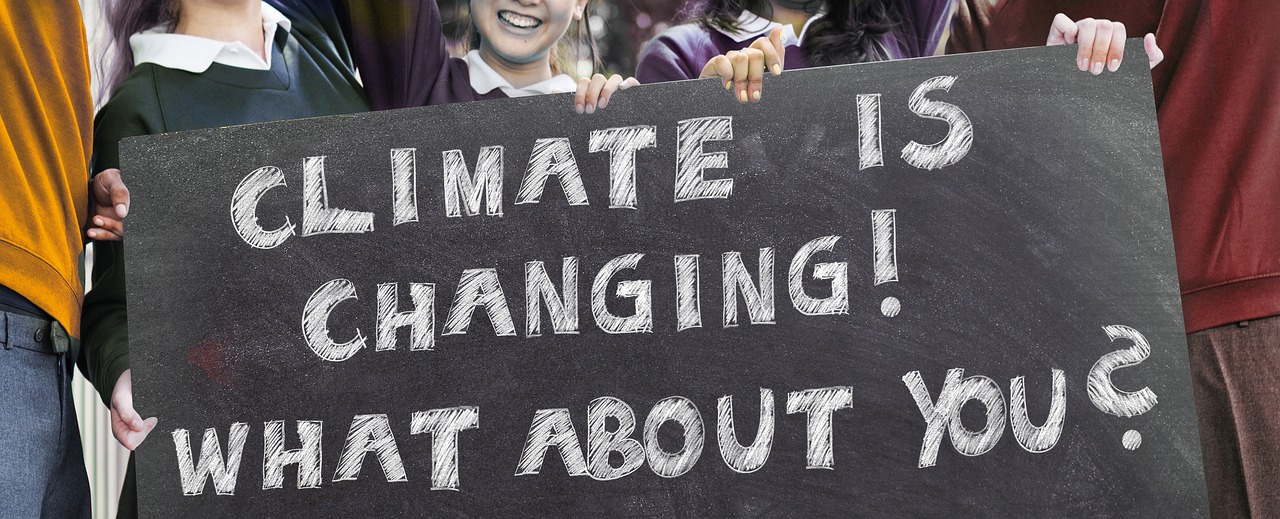
Over the past few decades, climate change has become a major topic of global concern. Increasing Earth’s average surface temperature, melting glaciers, rising sea levels, and increases in the frequency and intensity of extreme weather events – all are clear signs of climate change. Despite these signs, we are still far behind in understanding the seriousness and urgency of this issue and taking effective steps. So what are the various aspects related to climate change and its challenges and solutions?
Climate change poses scientific, economic, political and social challenges. Understanding the complexity of climate change and finding effective solutions to it is fraught with scientific and technological challenges. Climate models and forecasts, which tell us about future conditions, are still not completely accurate.
Furthermore, the development of new technologies and their effective use, such as renewable energy sources and carbon capture, are significant challenges. Implementing the policies and projects, which are needed to combat climate change, requires huge economic investments. For developing countries, which have limited resources, it becomes even more difficult. Additionally, many industries and businesses need to change their processes, which can be costly and time-consuming.
The lack of political consensus is a major obstacle to global climate policy. Different countries have different interests and priorities, and it becomes difficult to create a holistic and effective global policy. In some countries, scepticism and negativity towards climate change are also big problems.
The impacts of climate change fall most heavily on the vulnerable and poor for now but will soon encompass the rich and powerful too. At present issues of social inequality and justice also play an important role in climate policy. Apart from this, there is also a need to increase awareness and understanding of climate change among people.
Where there are challenges, there are solutions also. For that, it is necessary to increase investment in science and technology and encourage innovation. Greater use of renewable energy sources such as solar and wind energy, and the development of energy conservation technologies are important. Apart from this, technologies like carbon capture and storage (CCS) will also have to be given attention.
Climate change is a global problem, and its solution is also possible only at the global level. Cooperation and agreements between countries are necessary. It is important to strengthen and adhere to global efforts such as the Paris Agreement. Along with this, developing countries will have to be provided economic and technical assistance so that they can also take effective steps. Governments will have to make effective policies and implement them strictly.
To reduce carbon emissions, measures like carbon tax and cap and trade should be adopted. Additionally, subsidy and incentive schemes should be created to encourage green energy and reduce dependence on fossil fuels. It is important to raise awareness and promote education about climate change among people.
Climate education should be included in schools and universities and awareness campaigns should be conducted at the community level. People can also be made aware through media and social media. Measures to tackle climate change at the local level are also important.
It is essential to promote green spaces in cities and villages, adopt water conservation measures, and implement energy-saving measures at the local level. Community participation and local leadership should be encouraged.
In the end, we can say that solving the challenge of climate change is not easy, but it is necessary and inevitable. For this, we have to adopt a holistic and coordinated approach. Only collective efforts at the scientific, economic, political, and social levels can solve this problem. Every individual, organization, and government must play their role. Only when we work together we will be successful in confronting this global crisis and ensuring a safe and healthy future.





